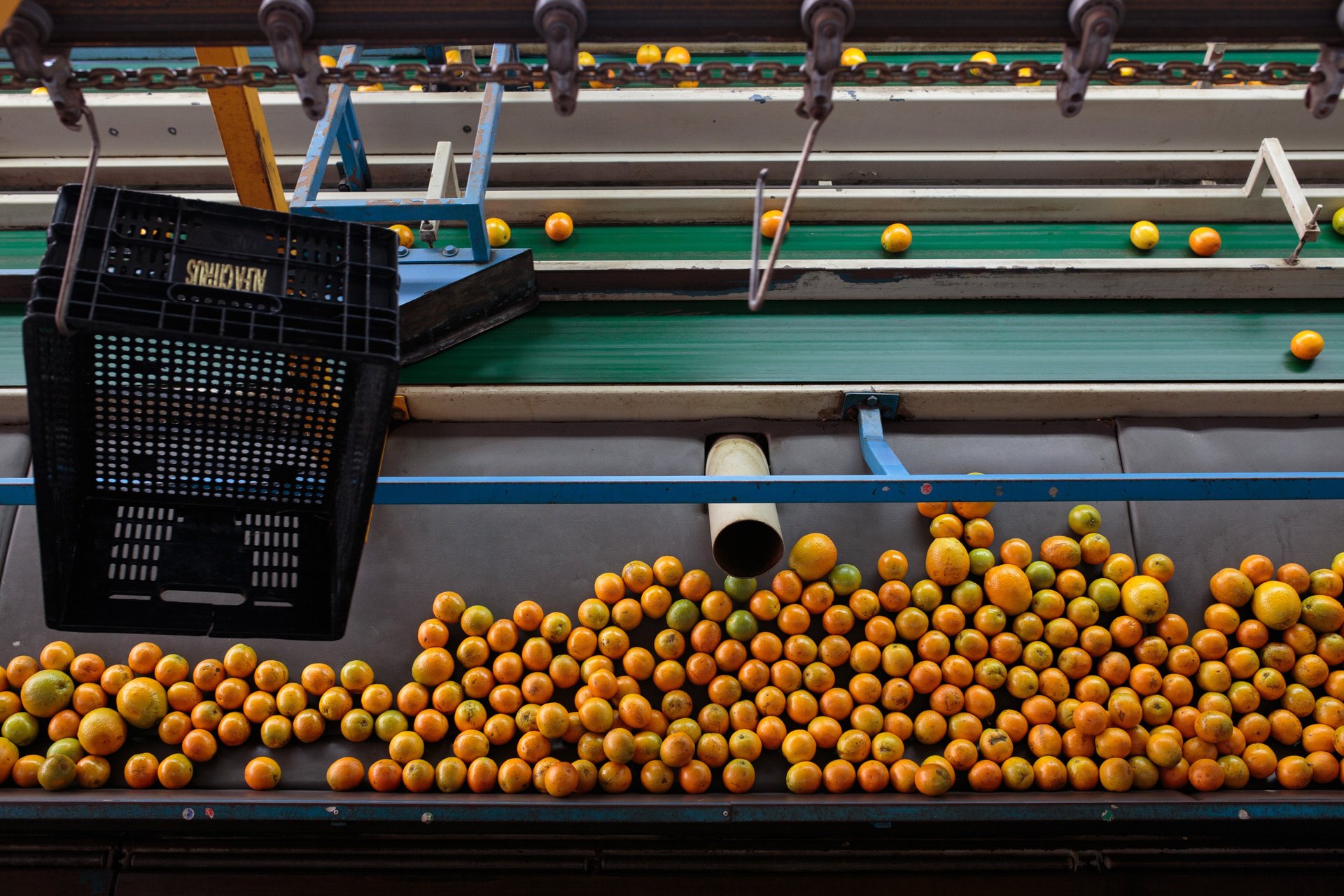Orange juice makers might need a substitute fruit as a historic shortage has prices soaring
Fruit diseases and inclement weather conditions are impacting overall crop yield production

Juice makers may soon need to replace their orange juice options as the crop braces for a steep decline in production, according to Fundecitrus, a Brazilian research association formed by citrus growers and manufacturers.
Suggested Reading
According to the association, fruit diseases, machines, pests, and inclement weather along the citrus belt of Brazil’s São Paulo and Minas Gerais regions are causing a “physiological drop” in orange tree harvesting, prompting prices to skyrocket. Brazil is the leading orange producer and exporter globally.
Related Content
Orange crop production in the region is projected to decline by nearly 25% between 2024-2025, the fund said. Last year’s crop season produced 307 million boxes, while this season is projected to drop to 233 million boxes.
Should the fund’s prediction hold true, it will be the second smallest crop harvest since the late 1980s, when the association first began conducting forecasts in the citrus belt region.
The U.S. has also seen a big decline in orange production. According to the U.S. Department of Agriculture (USDA) May forecast, citrus production in Florida, one of the country’s leading orange producers, is down 5%.
Scarcity for the citrus fruit has pushed the price of orange juice up to record highs. Moreover, with the world’s leading orange producing countries forecasting a decline, juice makers may have to lean on other citrus fruits to meet the demand of consumers while shaving down costs, according to Kees Cools, president of the International Fruit and Vegetable Juice Association.
Cools told ABC News in statement that juice makers may need to supplement oranges with mandarins. But by using “a different species of fruit,” he said, it will keep them from “touching the naturalness and image of the product.”